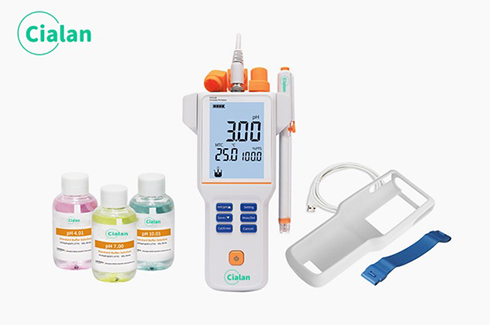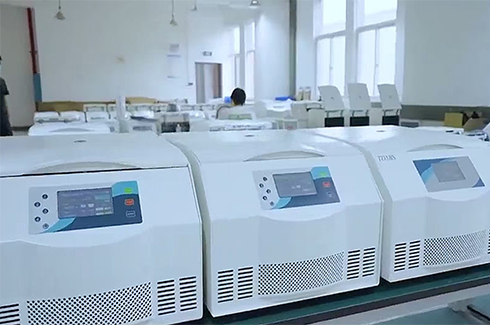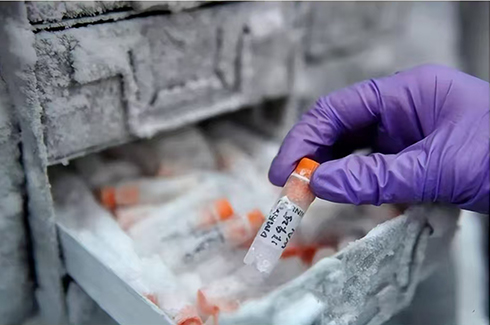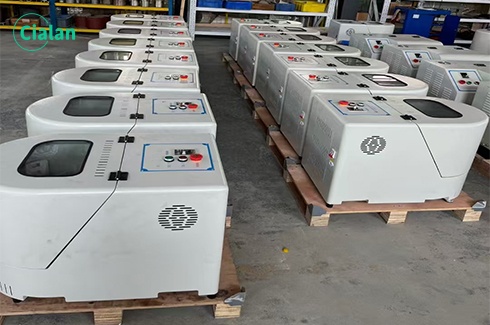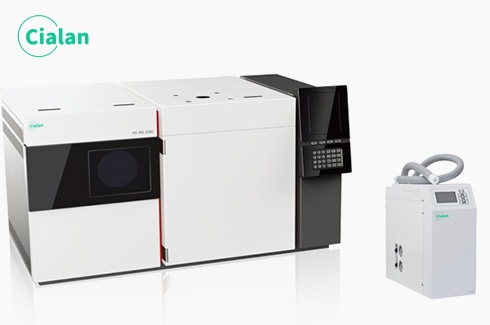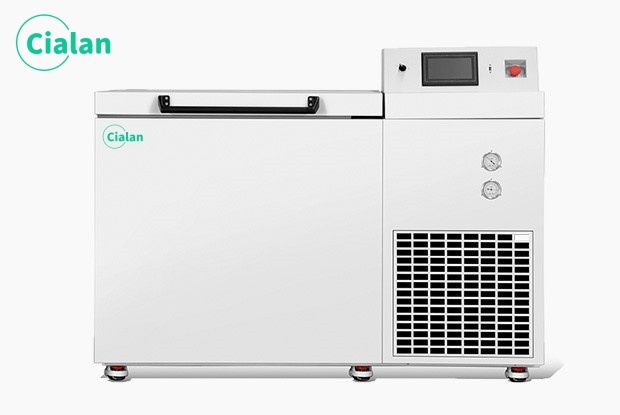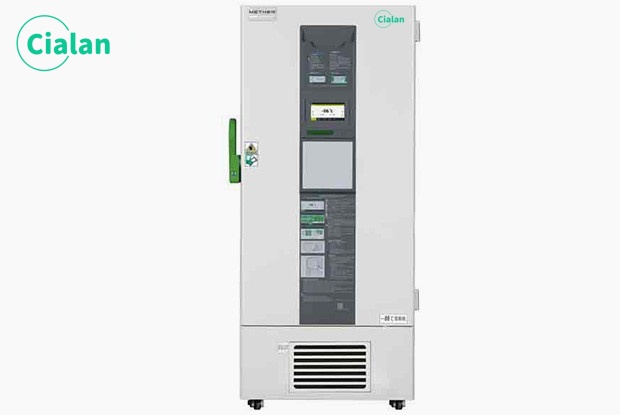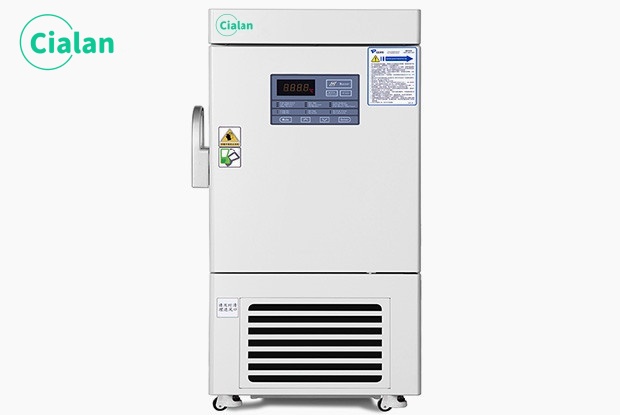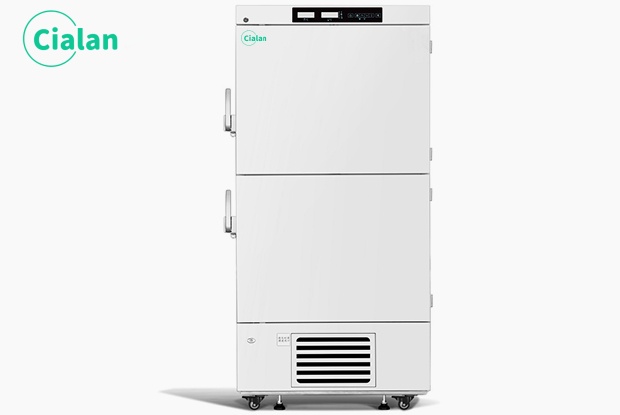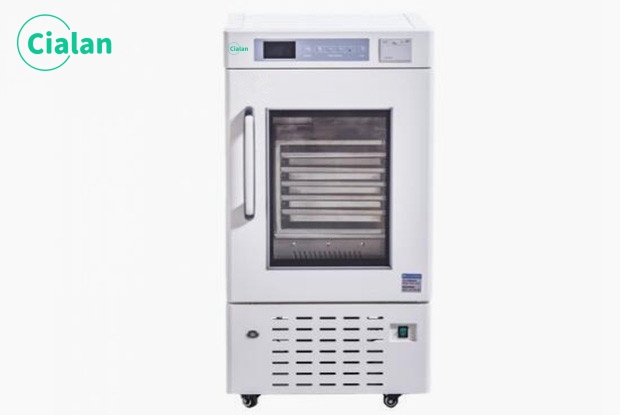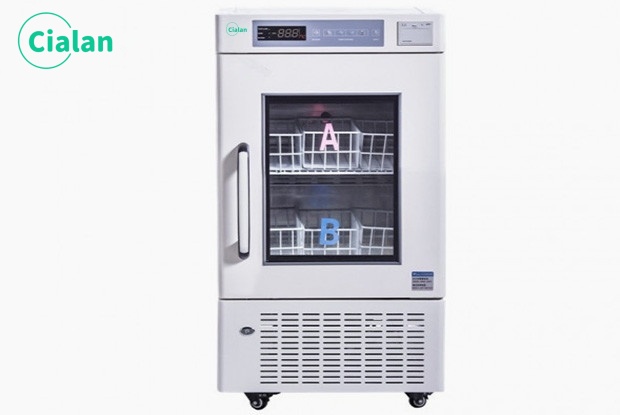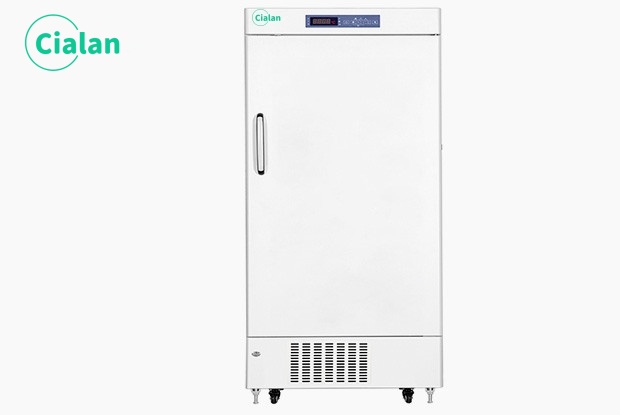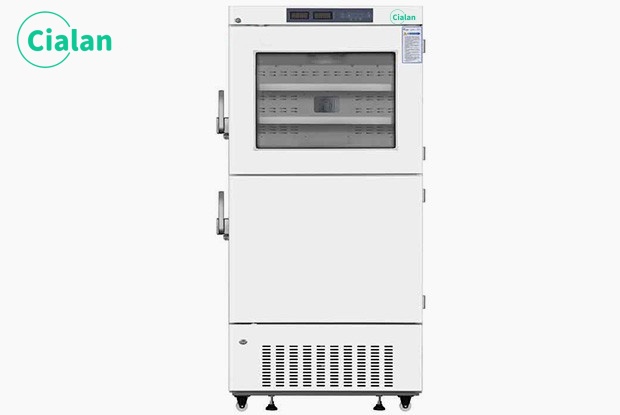Which drugs are stored in freezer?
Which drugs are stored in freezer ?
1.Basic storage conditions for pharmaceuticals include temperature, humidity and light.
2.According to the CHP, the normal temperature storage of drugs refers to the storage and custody of drugs at 10-30°C, while the refrigerated storage of drugs refers to the storage and custody of drugs at 2-10°C, and the storage in a cool place refers to the storage and custody of drugs at no more than 20°C. Store and secure medicines. Improper drug storage can lead to drug deterioration or failure, and even endanger the health of patients.
Drugs that require low temperature refrigeration.
Summary
When the above drugs are stored, excessive temperature will cause the oxidation and hydrolysis reactions of the drug components to accelerate, and may also cause components with low boiling points to volatilize. In addition, the dosage form of some special dosage forms of drugs (such as suppositories) will change in high temperature environments. In these cases, the efficacy of the drug is reduced and the drug deteriorates, which may be accompanied by the production of toxic by-products. Therefore, special care should be taken when storing medicines!
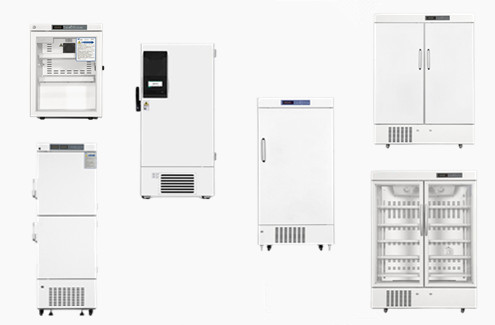
1.Basic storage conditions for pharmaceuticals include temperature, humidity and light.
2.According to the CHP, the normal temperature storage of drugs refers to the storage and custody of drugs at 10-30°C, while the refrigerated storage of drugs refers to the storage and custody of drugs at 2-10°C, and the storage in a cool place refers to the storage and custody of drugs at no more than 20°C. Store and secure medicines. Improper drug storage can lead to drug deterioration or failure, and even endanger the health of patients.
Drugs that require low temperature refrigeration.
| Drugs classification | Causes of deterioration or precautions |
| External medicines (such as eye drops, nasal sprays, ear drops, etc.) | Store in a cool place or freezer to prevent the medicine from going bad. |
| Chinese patent medicines (such as Chinese medicine ointments, Chinese medicine pills, Chinese medicine powder, etc.) | Syrup is a common dosage form. If placed at high temperature, it may cause continued fermentation and deterioration. It should be stored in a cool place or refrigerator. |
| Capsules or pills | Medications such as vitamin E capsules or cod liver oil may soften, crack, and leak oil if left at high temperatures. They may also have an odor, so they should be stored in a cool place or in the refrigerator. |
| Sugar-coated tablets | Sugar-coated tablets and granules with high sugar content can easily absorb water in the air and cause deliquescence or agglomeration, resulting in drug deterioration. (For example, isatis root granules may agglomerate due to moisture.) |
| Suppository | High temperatures can cause suppositories to become soft and unusable, and can easily lead to rancidity, separation of water and oil, and other deterioration of the medicine. In severe cases, it may stink. |
| Injection | Many antibiotic injections are in the form of dry powder. Dry powder injections need to be stored at very strict low temperatures and in a dry place. Drugs are prone to deterioration in high temperature environments. |
| Liniment | Liniment medicines generally contain volatile solvents (such as ethanol). After using liniment, the lid should be tightened and stored in a cool place or refrigerator. |
| Biological products (such as human albumin, various vaccines, insulin, etc.) |
Failure is accelerated at room temperature and should be stored refrigerated. During refrigerated storage, you need to pay attention to the refrigerator temperature to prevent it from falling below 2°C, which may cause the liquid to freeze and become ineffective. |
Summary
When the above drugs are stored, excessive temperature will cause the oxidation and hydrolysis reactions of the drug components to accelerate, and may also cause components with low boiling points to volatilize. In addition, the dosage form of some special dosage forms of drugs (such as suppositories) will change in high temperature environments. In these cases, the efficacy of the drug is reduced and the drug deteriorates, which may be accompanied by the production of toxic by-products. Therefore, special care should be taken when storing medicines!



